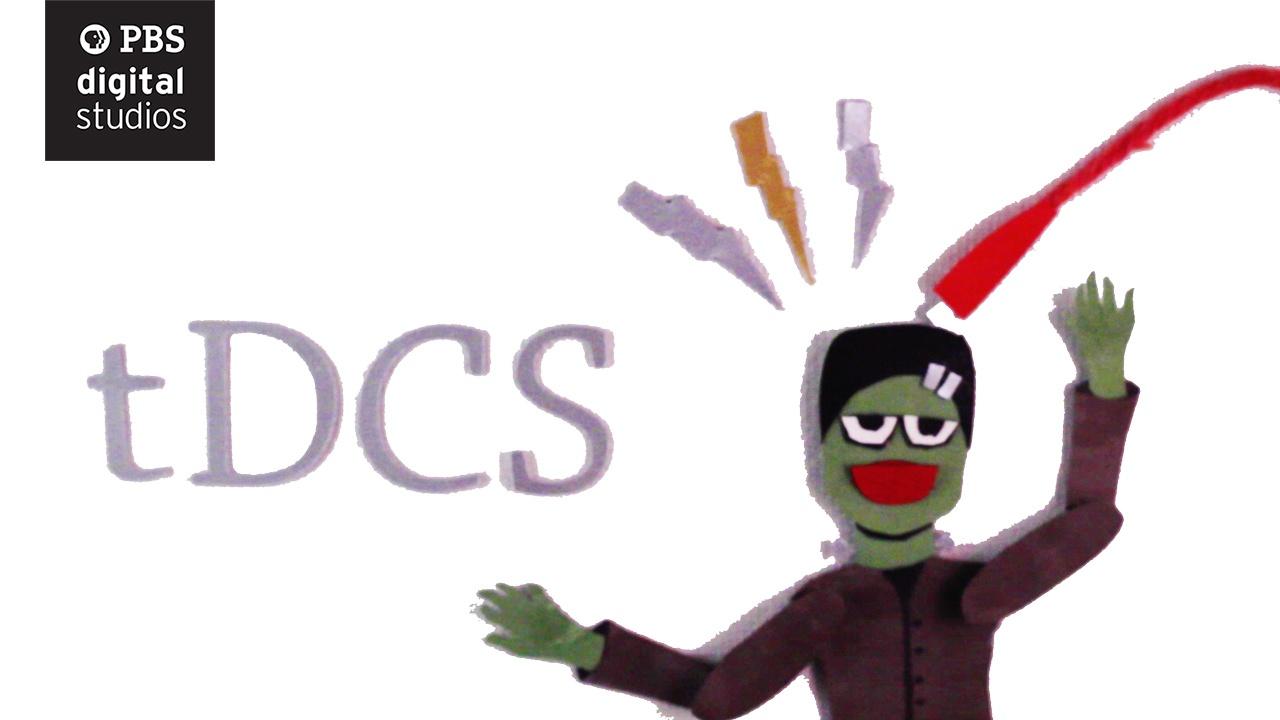Watch Episode

DIY Brain Enhancement or Frankenstein?
S1 E6 / 3m 25s
Would you experiment with your brain? Perhaps there's a Dr. Frankenstein in us all.





























